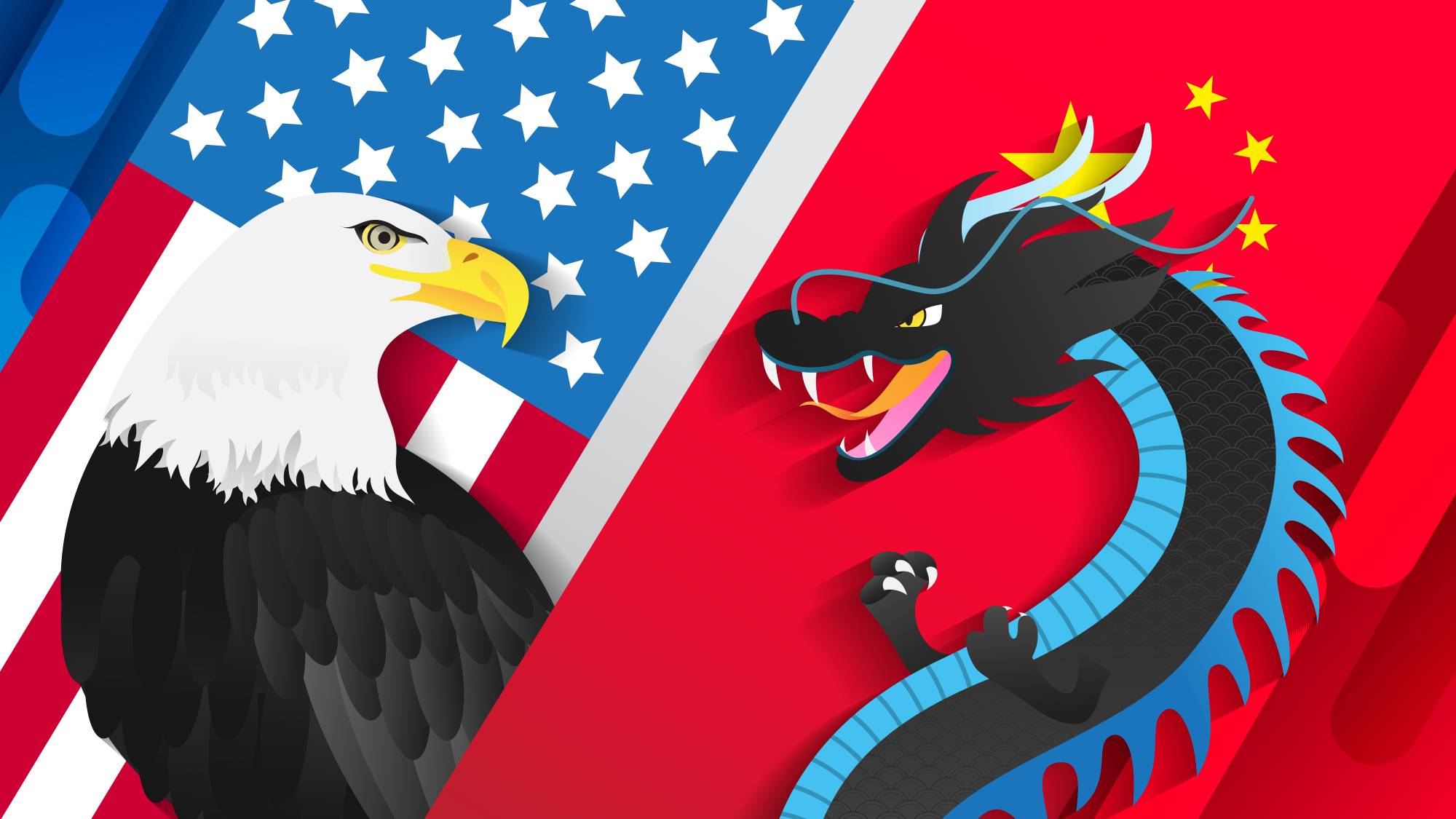Is the global balance of power passe after COVID-19? It’s easy to see why smart observers might think so. The pandemic has rendered some of the world’s largest countries more helpless than some of the smallest. It has shown that some threats cannot be contained without cooperation across geopolitical and ideological lines. And so the coronavirus has tapped into a longstanding American hope that the grim realities of geopolitics might give way to something better.
Alas, such hopes are going to be dashed. The current crisis is not an argument for getting over geopolitics. It’s a reminder that preserving a favorable balance, in which the ambitions of predatory actors are checked by the power of more benign actors, is the only way of getting international cooperation, and international stability, on terms Americans will find appealing.
The argument that the concept of a balance of power is becoming an anachronism runs as follows: Military might can’t save countries from transnational scourges such as pandemics. There are an increasing number of issues — terrorism, disease, climate change — that threaten countries around the world. And given that COVID-19 has disrupted the everyday lives of Americans to a greater degree than any hard security threat since World War II, it makes sense to put the pursuit of international cooperation over the imperatives of geopolitical competition.


















With your current subscription plan you can comment on stories. However, before writing your first comment, please create a display name in the Profile section of your subscriber account page.